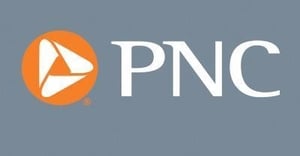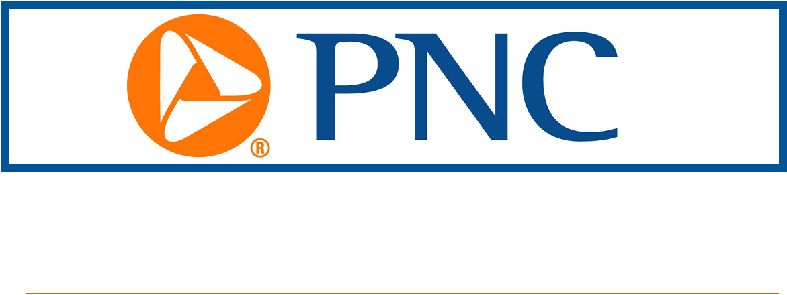
Big Increase in PPI
- Retail sales rose 0.6% in February, making up about one-half of January’s decline; January sales were revised lower.
- Sales excluding food and energy rose a solid 0.3%.
- Consumer spending will continue to increase throughout 2024, although at a slower pace than last year.
- The producer price index for final demand rose a higher-than expected 0.6%, although much of that came from volatile food and energy prices.
- Wholesale inflation has slowed but remains elevated.
- Slowing inflation will allow the Federal Reserve to cut the fed funds rate over the next few months.
Retail sales rose 0.6% in February from January, making up some of January’s 1.1% decline, which was revised lower from a 0.8% drop. The details of the February report were better, however. Core sales, excluding food and autos, rose 0.3%. Control sales—sales excluding autos and parts, food service, gasoline, and building materials, and which go into nominal consumer spending in GDP—were flat in February from January, weaker than the expected 0.4% increase.
Sales of autos and parts rose 1.6% from January, with gasoline sales up 0.9% with higher prices. Sales at general merchandise stores rose 0.4%, sales of electronics and appliances were up 1.5%, sales of building materials rose 2.2%, and food and beverage sales increased 0.1%. Restaurant sales were up 0.4%. Sales at nonstore retailers (primarily online) fell 0.1%.
Growth was solid on a year-over-year basis in February, with total retail sales up 1.5%, and sales excluding autos and gasoline up 2.2%.
After January retail sales were revised to show an even larger decline, retail sales made up for some of the loss in February. Details were mixed, with core sales up, but control sales flat. Sales growth was very strong in the fourth quarter of 2023, and consumers are now taking a bit of a breather.
The drivers for consumer spending in early 2024 are generally positive. The labor market is an excellent shape, with good job growth and rising wages. A slowing in inflation over the past couple of years means that real (inflation-adjusted) wages are rising. Stock prices and home values are up, boosting household wealth. And although interest rates are up from a couple of years ago, long-term interest rates have fallen since the fall of 2023. Consumer spending should continue to increase this year, albeit at a slower pace than in 2023 as job gains gradually soften.
The producer price index rose a strong 0.6% in February from January, the largest increase since August 2023. Sales of final demand goods rose 1.2%, although much of that came from energy (up 4.4%) and foods (up 1.0%). This was the first increase in final demand goods prices since September. Final demand sales prices excluding trade, food, and energy were up 0.4%, a slowing from 0.6% growth in January. Final demand services prices rose 0.3% in February, after a 0.5% increase in January.
Earlier on in the supply chain, sales of processed goods for intermediate demand rose 1.6%, with growth excluding food and energy 0.5%. Prices for unprocessed goods for intermediate demand rose 1.2% over the month. Prices for intermediate services rose by just 0.1% in February.
The February PPI report was a mixed bag. Wholesale inflation came in hotter than expected, but volatile food and energy prices drove much of the increase. Price increases for other goods and services were more modest. Inflationary pressures remain in the pipeline, but with supply and demand continuing to normalize after the pandemic, inflation continues to gradually slow.
On a year-over-year basis broad PPI inflation is down dramatically from 2022, although there was a bit of a pickup in February from January. The acceleration in PPI inflation in February is consistent with the consumer price index (CPI) inflation report released on Tuesday, which showed an acceleration in overall consumer inflation in February compared to January and continued moderate core CPI inflation (excluding food and energy).
Inflation should soften further over the course of 2024. Shelter inflation, which makes up a large part of overall consumer inflation, should increase at a slower pace as weaker rent growth works its way into the numbers. The slightly higher inflation numbers in early 2024 should dissipate, and the Federal Open Market Committee will start to cut the fed funds rate, its key short-term policy rate, sometime in the second quarter.
The PNC Financial Services Group, Inc. is one of the largest diversified financial services institutions in the United States, organized around its customers and communities for strong relationships and local delivery of retail and business banking including a full range of lending products; specialized services for corporations and government entities, including corporate banking, real estate finance, and asset-based lending; wealth management and asset management. For information about PNC, visit www.pnc.com.














